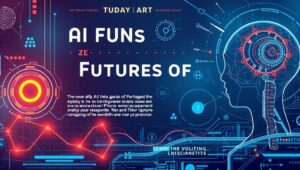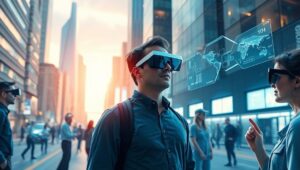May 15, 2025
Modular Smartphones: The Dream Revived or Finally Realized? (2026)
Modular Smartphones: The Dream Revived or Finally Realized? (2026) The concept of modular smartphones – devices that allow users to swap out and upgrade individual components like cameras, batteries, or processors – has been a recurring dream in the tech world for over a decade. Early attempts like Project Ara from Google generated significant buzz but ultimately failed to deliver a commercially viable product. However, as we approach 2026, the landscape is shifting. Advancements in technology, coupled with growing consumer demand for sustainable and customizable devices, suggest that the modular smartphone might finally be poised for a genuine breakthrough. A












